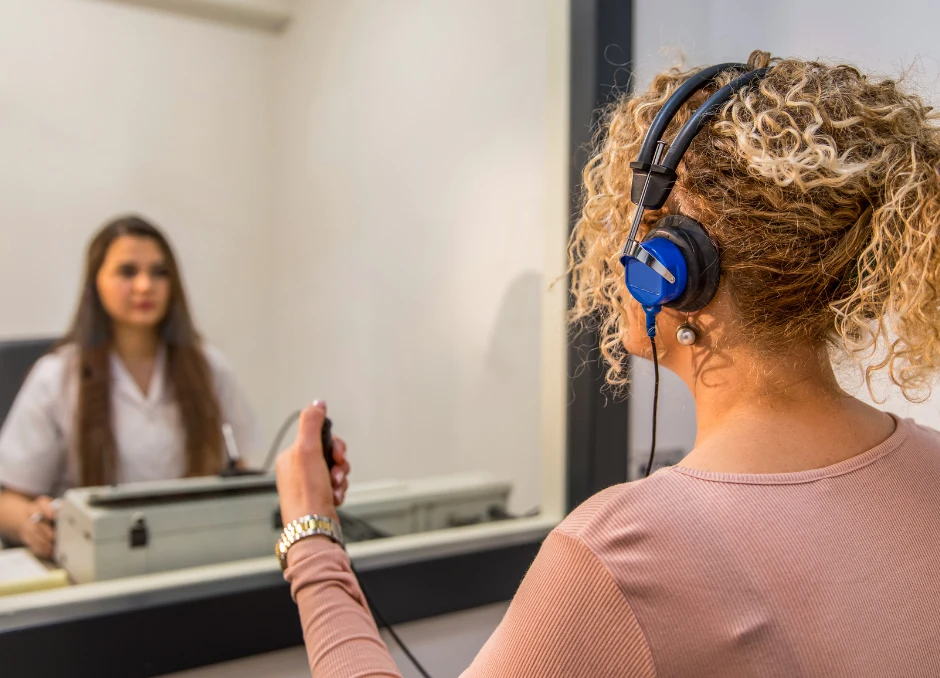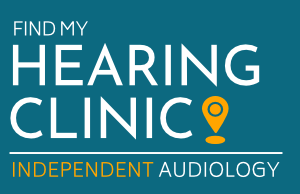Hearing tests
When should I get a hearing test?
About hearing tests
Hearing tests are performed to assess if you have a hearing loss, and if so, what type, degree, and configuration of hearing loss. A hearing test checks your sensitivity to sound of different pitches (or frequencies) and loudness. A hearing test is conducted by a hearing care professional trained in audiology or audiometry. Your hearing test is plotted on a graph called an audiogram to analyse the level of your hearing, and what may be causing your hearing loss, and assist in what treatment or management should be recommended. Different hearing tests are used depending on the age of a person so special tests are available for babies and children and versus hearing tests for adults.
Everyone should have a hearing test to ensure they are hearing well and have healthy ears. For adults including pensioners and veterans, this is recommended every 2-5 years under the age of 50 and annually from 50 years and older. Outside of these recommendations, you should see your local independent hearing care provider earlier if; you are asking people to repeat themselves often, you find it hard to hear conversations especially in noisy situations, you experience a ringing sensation in one or both ears, you are turning the TV volume up higher than normal, your hearing does not feel clear, or your ear feels blocked or full.

A comprehensive analysis
Diagnostic hearing test

A diagnostic hearing test, or comprehensive hearing test as it can also be called, gives you the opportunity to discuss hearing difficulties and challenges in-depth with your independent hearing care provider (iHCP), so they can understand the impact your hearing is having on you, your life and your significant others. This diagnostic assessment is completed in a soundproof room or booth to establish your hearing sensitivity. A comprehensive diagnostic hearing test typically begins with a hearing care professional going through your hearing and general health history. They will ask you questions about your lifestyle, habits, hearing goals, needs, and concerns. This also allows you to let the clinician know of any expectations you have or prior information you have been given about your ears or hearing.
Following this, the iHCP will visually inspect the ear canal and test your middle ear function with a piece of equipment called a tympanometer. The iHCP will also test your functional hearing through tests using words or sentences.
A diagnostic hearing assessment is a comprehensive analysis of your hearing system with a focus on precision and accuracy. This comprehensive hearing assessment allows your iHCP to deduce your hearing treatment plan, ensuring you are supported and informed throughout the process.

Hearing screenings

